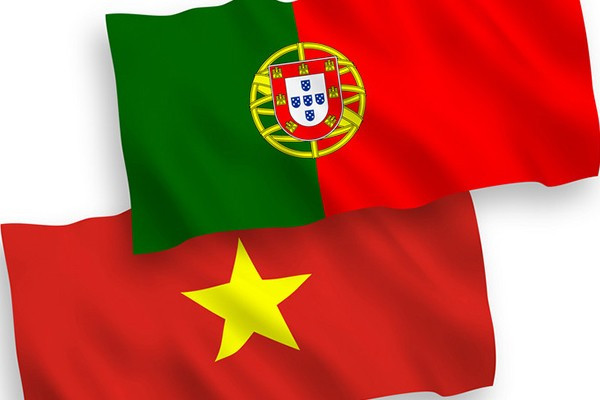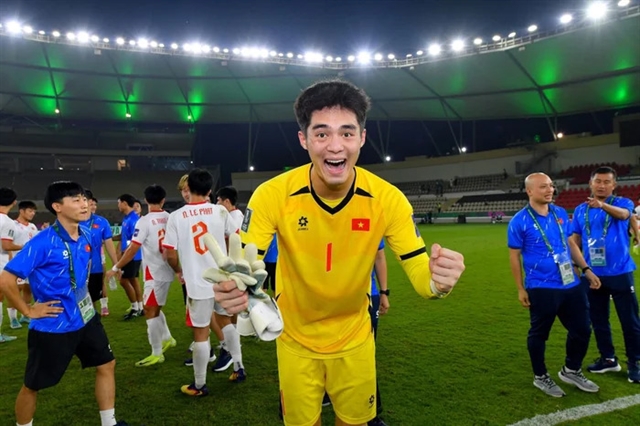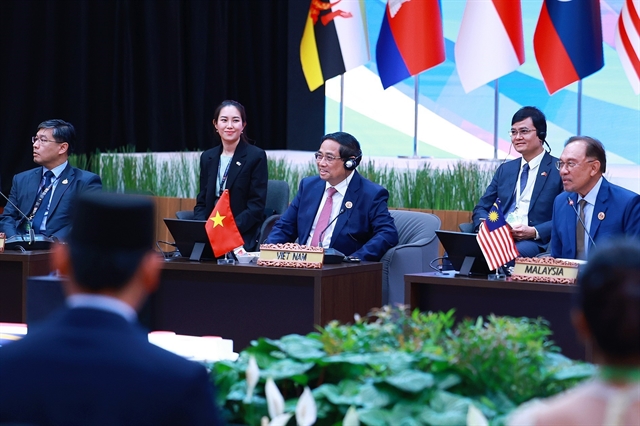 Politics & Law
Politics & Law

 |
| Prime Minister Phạm Minh Chính during the ASEAN Leaders' Interface with Youth Representatives in Kuala Lumpur on Monday. — VNA/VNS Photo Dương Giang |
KUALA LUMPUR — Young people are the beneficiaries and the leaders of ASEAN’s future, said Prime Minister Phạm Minh Chính, as he addressed the ASEAN Leaders' Interface with Youth Representatives on Monday within the framework of the 46th ASEAN Summit.
The PM also underscored Việt Nam’s commitment to working with the Southeast Asian bloc as a member state, for the comprehensive development of young people as a strategic resource.
He expressed confidence that the bright future of ASEAN will be written by a generation of youth who dare to think, act and lead for a united and sustainable ASEAN.
The Vietnamese leader said ASEAN youth should act on five key areas for proactiveness, including education, entrepreneurship, institutional building, international exchange and integration, and offer contributions to peace, stability, and the preservation of ASEAN’s cultural identity.
He also called on ASEAN countries to focus on five key priorities, which include developing an open education system, supporting science, technology and digital transformation, and promoting entrepreneurship.
They should also create platforms for young people’s voices to be heard, and encourage youth participation in environmental protection and sustainable development.
During the dialogue themed 'Youth for a Sustainable Future: Empowering Inclusion and Driving Change in ASEAN', young representatives from the Southeast Asian region presented a range of policy recommendations to country leaders, which reflect the aspirations and sense of responsibility of youth for the region’s future.
Their recommendations focus on access to digital and AI-related education, promoting physical and mental well-being among youth, supporting vulnerable groups, encouraging entrepreneurship and innovation, advancing climate action, and embracing ASEAN’s cultural diversity.
They also called on ASEAN member states to invest in inclusive infrastructure, enhance public-private cooperation in delivering training on Sustainable Development Goals (SDGs), and create mechanisms for meaningful youth engagement in this process, from rural to urban areas.
Cultural exchanges and the preservation of traditional knowledge must also be promoted as a bridge for greater mutual understanding among ASEAN, as well as its unity and shared identity. — VNS